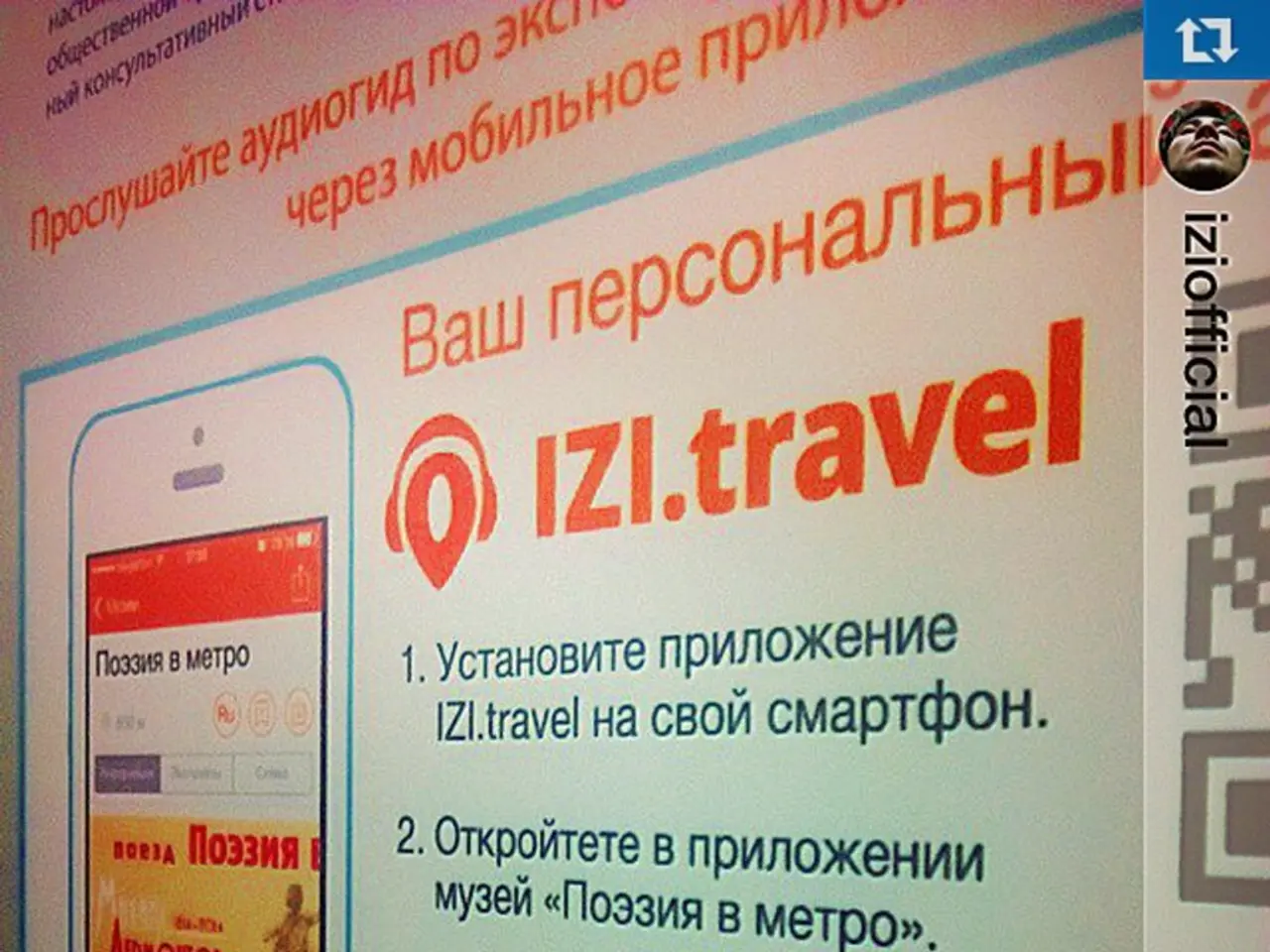Growth of Political Marketing Through Micro-Influencer Endorsements
In the digital age, political micro-influencers are making a significant impact on the political landscape. These everyday citizens, with a devoted following on social media, are using their influence to talk about political issues and engage with their followers on a deeper level.
Micro-influencers, defined by their ability to accelerate amplification efforts and amplify smaller and more narrowly defined segments of a broader target audience, are becoming an increasingly effective tool for political campaigns. With their genuine and trustworthy nature, they can effectively spread a political message, making them a valuable asset in today's polarized society.
Building Trust and Authentic Engagement
Micro-influencers are seen as more relatable and trustworthy compared to celebrities or mega-influencers. Their closer, friend-like relationships with followers mean their political endorsements or messages carry more weight. This trust is crucial in political marketing, as it helps to build a stronger connection with voters.
Targeting Younger Voters
In countries like Indonesia, micro-influencers effectively mobilize younger demographics who are highly active on social media platforms like Facebook and TikTok. This demographic values micro-authenticity—authentic lived experiences rather than celebrity status.
Storytelling and Personal Narratives
Micro-influencers maintain engagement by telling personal and educational stories, positioning themselves as trusted guides rather than mere promoters. This storytelling fosters loyalty and deeper political resonance beyond superficial popularity.
Ethical and Credibility Challenges
While micro-influencers offer numerous benefits, campaigns must carefully select micro-influencers to avoid spreading misinformation and maintain trust. The misuse of influence can damage political credibility.
Amplification and Network Effects
Micro-influencers often work within wider digital networks, helping to multiply legitimate political messages across smaller, highly engaged communities, rather than broadcasting mass messages indiscriminately.
Regulatory and Transparency Issues
The rise of influencers in political marketing complicates regulatory oversight, as payments and endorsements may sometimes lack transparency, especially in encrypted or private digital channels.
In summary, micro-influencers in political marketing act as authentic, trusted messengers who can engage and mobilize specific voter segments, especially youth, through personalized storytelling and credible peer influence. They complement traditional campaign strategies while posing new ethical and regulatory challenges. As we move forward, it will be interesting to see how political campaigns continue to leverage the power of micro-influencers to reach more voters and shape public opinion.
[1] Kietzmann, J., Hermkens, K., McCarthy, I., & Silvestre, B. (2011). Social media? Get serious: understanding the functional building blocks of social media. Business Horizons, 54(1), 59-65.
[2] Liu, Y., & Chen, Y. (2018). The effects of micro-influencers on consumer purchase intentions: A study based on the social identity theory and self-categorization theory. International Journal of Advertising, 37(2), 263-280.
[3] Moe, G. (2018). The role of influencers in political campaigns: A case study of the 2017 French elections. Journalism Studies, 19(6), 817-831.
[4] Schmidt, M., & Shaw, J. (2017). The micro-influencer: A new marketing playbook. MIT Sloan Management Review, 58(4), 33-41.
[5] Valenzuela, A. (2018). The rise of the micro-influencer: How to work with them and why you probably should. Forbes. https://www.forbes.com/sites/alexandravalenzuela/2018/03/28/the-rise-of-the-micro-influencer-how-to-work-with-them-and-why-you-probably-should/?sh=37a4677b261d
- Ads promoting political campaigns, particularly among younger voters, are being strategically placed by micro-influencers on social media platforms like Facebook and TikTok, capitalizing on their more authentic and relatable image compared to celebrities or mega-influencers.
- Micro-influencers, with their campaign strategy of personal and educational storytelling, are becoming valuable assets in political marketing as they build trust and fostering deeper political resonance, making their endorsements or messages carry more weight.
- Political marketing teams must be cautious in selecting micro-influencers, avoiding amplifying misinformation and maintaining trust, since the misuse of influence can damage political credibility and lead to ethical challenges.
- In the entertainment and general-news landscape, campaigns are leveraging micro-influencers to amplify their political messages across smaller, highly engaged communities, utilizing network effects to multiply their reach and impact, while navigating regulatory and transparency issues.







